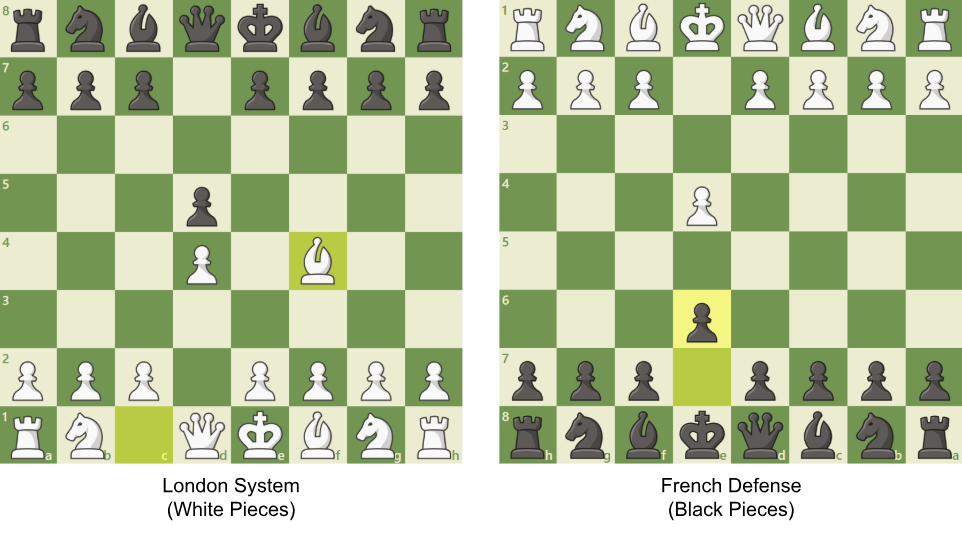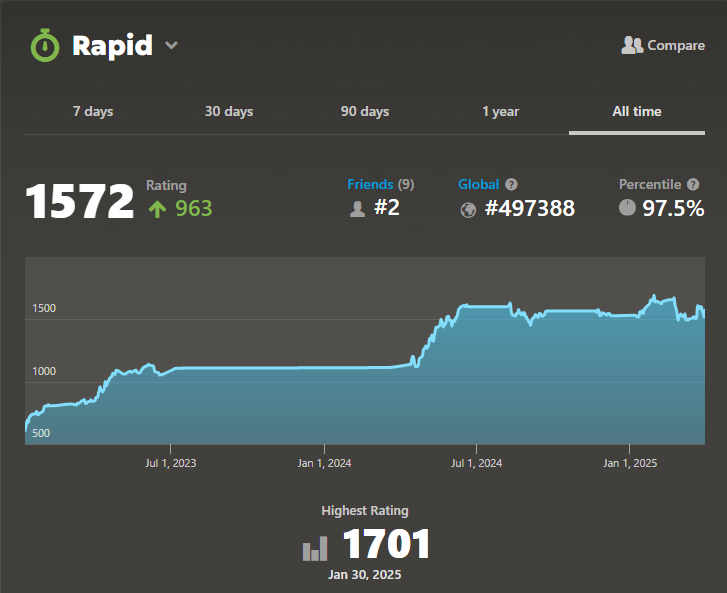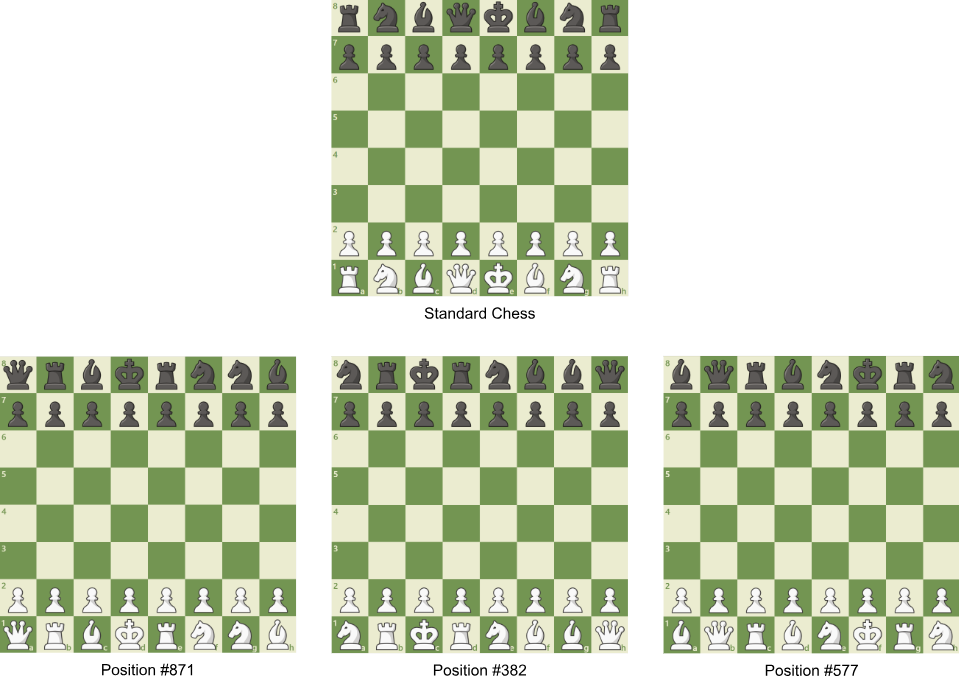
Blog
Welcome to my blog site! This blog was created as part of the Critical Reflection course in the NUS University Scholars Program (USP), a capstone course designed to synthesise students’ undergraduate experiences through critical thinking and reflection.
Over the past few years, I’ve grown not just as a student, but as a person — through experiences both in and out of the classroom, in my major, within USP, beyond university, and more. Through the process of crafting this blog, I came to notice three dimensions of growth: perspectives, progress, and humility. This blog captures some of the most meaningful moments and insights from my time at NUS, and offers a window into how these experiences have shaped my understanding of growth as I move forward in life.
This blog begins with an overview (Growth) that weaves together the three aspects of growth I discovered, followed by three reflection posts that delve deeper into each of those aspects. I recommend reading this blog in sequence (Growth → Perspectives → Progress → Humility) to follow the full arc of my reflection process.
Whether you’re a student, educator, or lifelong learner, thank you for taking the time to visit. This blog offers an honest and thoughtful glimpse into my learning journey and I hope it resonates with your own journey of growth.
Growth
I picked up chess during my second year at NUS and immediately fell in love with it. I was drawn by the intellectual challenge: trying to outsmart your opponent, balancing offense and defense, blending creativity with calculation. Over time, chess became one of my favourite hobbies.
Reflecting on my chess journey, I realise it mirrors the same lessons I’ve learnt throughout university. Here’s how chess helped me understand the three dimensions of growth — perspective, progress, and humility — more deeply.
Chess Openings
The first few moves of a chess game make up the opening, which usually shapes the direction of that game. My go-to openings are the London System when playing with white, and the French Defense with black. They’re familiar and comforting, and I’ve practiced them hundreds of times.

Most players stick with their favourite openings, refining their technique over time. But playing only within those lines limits how one sees the game. Similarly, in life and learning, always keeping to what feels familiar limits our growth.
In my first reflection post, I explore the value of expanding perspectives. Whether through new knowledge or experiences, each new encounter broadens our view. Like chess grandmasters who can handle any position, the best learners are versatile and open to the unfamiliar. To truly grow, we must embrace discomfort, explore new paths, and continuously challenge the way we see the board and the world.
Breaking Barriers
Since I started playing chess, I’ve mostly played online in the 10-minute Rapid format. Here’s a chart showing my rating over time.

Starting at 600, I’ve hit plateaus at 800, 1100, and now 1600. At each stage, I sought new resources — free lessons, puzzles, gameplay analysis — to break through.
These ups and downs remind me of my journey in weight lifting. In my second reflection, I write about how lifting taught me to measure progress based on things within my control. Seeing my training, nutrition, and recovery translate into progress brought me a sense of confidence and happiness. The same goes for chess: improvement doesn’t come from talent alone, but from consistent work.
This mindset of taking ownership of progress has helped me across all areas of life. It reinforces the first lesson: to expand our perspectives, we need the belief and resilience to keep learning, even when results aren’t immediate.
Chess960
Most chess games start from the standard setup, a familiar layout that forms the basis of most strategies and theories. But in Chess960 (also known as Freestyle Chess), the pieces on the back ranks are randomly shuffled. With 960 possible starting positions, established strategies often break down, and even grandmasters make early mistakes. Here are 3 such positions:

When I first played Chess960, I found it disorienting. Familiar patterns no longer worked. What used to be instinctive became uncertain. This experience resembles my third reflection post, humility. Despite my technical background in AI — studying it in my major and applying it at a startup — I was challenged by peers from other disciplines who brought ethical, social, and political perspectives I hadn’t considered.
Just as no one can master all 960 starting positions alone, no one can fully grasp every dimension of a complex issue. Our understanding is shaped by our starting positions — our disciplines, cultures, experiences. Growth, then, also means recognising the limitations in our perspectives, listening to others, and staying open to new ways of thinking.
Just Getting Started
Have I peaked at chess? Seeing my limited familiarity with openings, I’m probably far from my potential. But the path to improvement — learning new strategies, practicing consistently — is well within my control, as my rating history shows. And even if I do reach a new peak, I’ll remember: that peak is not the end. After all, there are still 959 other ways to look at chess.
This series of reflections has reshaped how I understand growth. Growth involves expanding perspectives, by stepping outside familiar spaces and welcoming new ideas. It entails measuring progress based on effort and the factors we can control. And above all, growth means staying humble by acknowledging our limitations and learning from others.
These three dimensions work hand in hand. Focusing on what’s within our control helps tide us through the challenges of unfamiliar knowledge and experiences. Humility ensures that our progress does not become narrow and self centered. And only through pursuing new perspectives do we find out how little we really know.
As I reach the end of my undergraduate journey, I find myself reflecting not just on what I’ve done, but on how I’ve grown. Growth is not just a goal to reach — it’s a mindset to live by. As I step into the next chapter of life, I will carry these lessons with me, one move at a time.
Acknowledgements
I am extremely grateful for the support from mentors, friends and family who shaped my university experience. For this blog site, I would especially like to thank Prof Loy and all my classmates for their valuable input during consultations and peer review sessions. Your presence made all the difference.
Credit also to ChatGPT-4o for helping to refine the content.